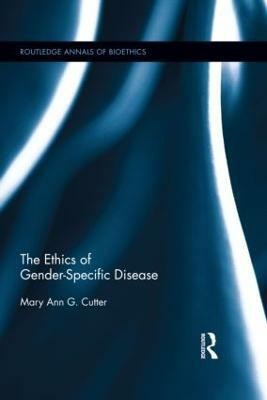The Ethics of Gender-Specific Disease(English, Hardcover, Cutter Mary Ann)
Quick Overview
Product Price Comparison
Our understanding of gender carries significant bioethical implications. An errant account of gender-specific disease can lead to overgeneralizations, undergeneralizations, and misdiagnoses. It can also lead to problems in the structure of health-care delivery, the creation of policy, and the development of clinical curricula. In this volume, Cutter argues that gender-specific disease and related bioethical discourses are philosophically integrative. Gender-specific disease is integrative because the descriptive roles of gender, disease, and their relation are inextricably tied to their prescriptive roles within frames of reference. An integrative account of gender-specific disease carries ethical implications because our understanding of gender-specific disease is evaluative, and our evaluations of gender-specific disease entail judgments concerning the praiseworthiness and blameworthiness of a clinical event. Cutter supports a "both/and" emphasis on context and integration in relation to gender-specific disease and bioethical analyses. While the text mainly focuses on gender-specific diseases that affect women, Cutter also includes examples involving men, children, and members of the LGBT community.


